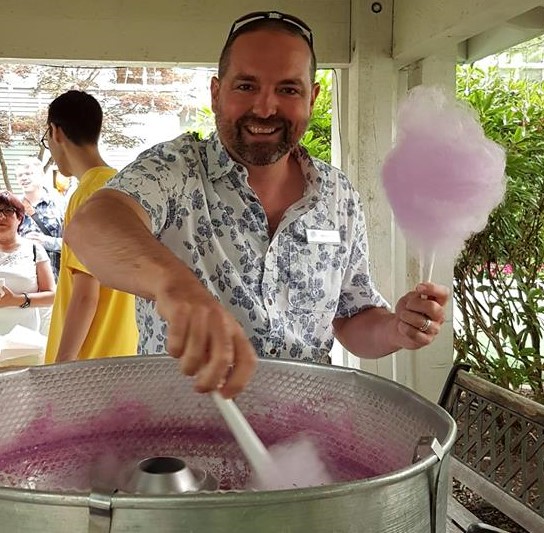 Jesus is the one who destroys barriers and breaks down walls. In his sacrifice on the cross, he provided for a new humanity in which we are all together. No yours and mine. Ours. In Jesus, we have the Lord of reconciliation and peace for all nations…
Jesus is the one who destroys barriers and breaks down walls. In his sacrifice on the cross, he provided for a new humanity in which we are all together. No yours and mine. Ours. In Jesus, we have the Lord of reconciliation and peace for all nations…
5 So he came to a town in Samaria called Sychar, near the plot of ground Jacob had given to his son Joseph. 6 Jacob’s well was there, and Jesus, tired as he was from the journey, sat down by the well. It was about noon.
7 When a Samaritan woman came to draw water, Jesus said to her, “Will you give me a drink?” 8 (His disciples had gone into the town to buy food.)
9 The Samaritan woman said to him, “You are a Jew and I am a Samaritan woman. How can you ask me for a drink?” (For Jews do not associate with Samaritans.)
10 Jesus answered her, “If you knew the gift of God and who it is that asks you for a drink, you would have asked him and he would have given you living water.”
11 “Sir,” the woman said, “you have nothing to draw with and the well is deep. Where can you get this living water? 12 Are you greater than our father Jacob, who gave us the well and drank from it himself, as did also his sons and his livestock?”
John 4:5-12
It is no accident that Jesus came to Jacob’s well to meet the Samaritan woman. The Samaritans were descendent from several tribes with Israel, having split off during the time of time of the north and south split of Israel. By the time they meet, Jews and Samaritans did not associate. The cultural divide was sharp. We can see later in the passage it seemed to centre on where worship should take place (in Jerusalem on Temple Mount or on Mount Gerizim).
Jesus’ question, “Will you give me a drink?” was perhaps really a statement: I have living water to share with you and your people, because they are my people also.
They dance around the subject of water. Jesus lobs a soft bomb her way, saying, “If you knew the gift of God and who it is that asks you…” Why is he pushing her buttons?
She holds her own: “Are you greater than our father Jacob, who gave us the well?” I don’t think her ‘our’ included Jesus.
These kinds of barriers play out in our conversations every day. The walls between us get higher when we focus on our differences. We will see that Jesus takes the conversation to a higher plane in the next part of the passage. For today, though, let’s consider how Jesus is greater.
One of my favourite scriptures is Ephesians 2:14-18:
14 For he himself is our peace, who has made the two groups one and has destroyed the barrier, the dividing wall of hostility, 15 by setting aside in his flesh the law with its commands and regulations. His purpose was to create in himself one new humanity out of the two, thus making peace, 16 and in one body to reconcile both of them to God through the cross, by which he put to death their hostility. 17 He came and preached peace to you who were far away and peace to those who were near. 18 For through him we both have access to the Father by one Spirit.
Ephesians 2:14-18
Jesus is the one who destroys barriers and breaks down walls. In his sacrifice on the cross, he provided for a new humanity in which we are all together. No yours and mine. Ours really means ours with Jesus. That’s why he is greater than Jacob. Jacob was renamed Israel, the namesake of a people whom God kept apart and distinct from all nations.
In Jesus, we have the Lord of reconciliation and peace for all nations.
And he is about to serve up living water to the thirsty…
Amen.
Marc Kinna

